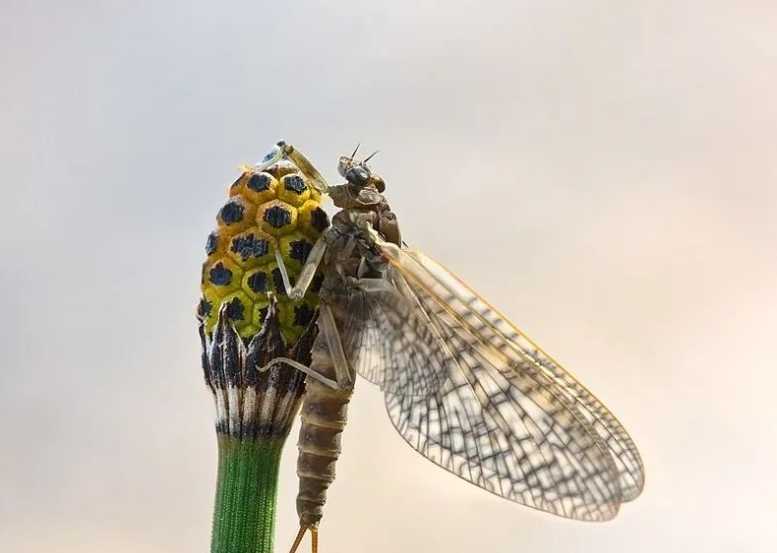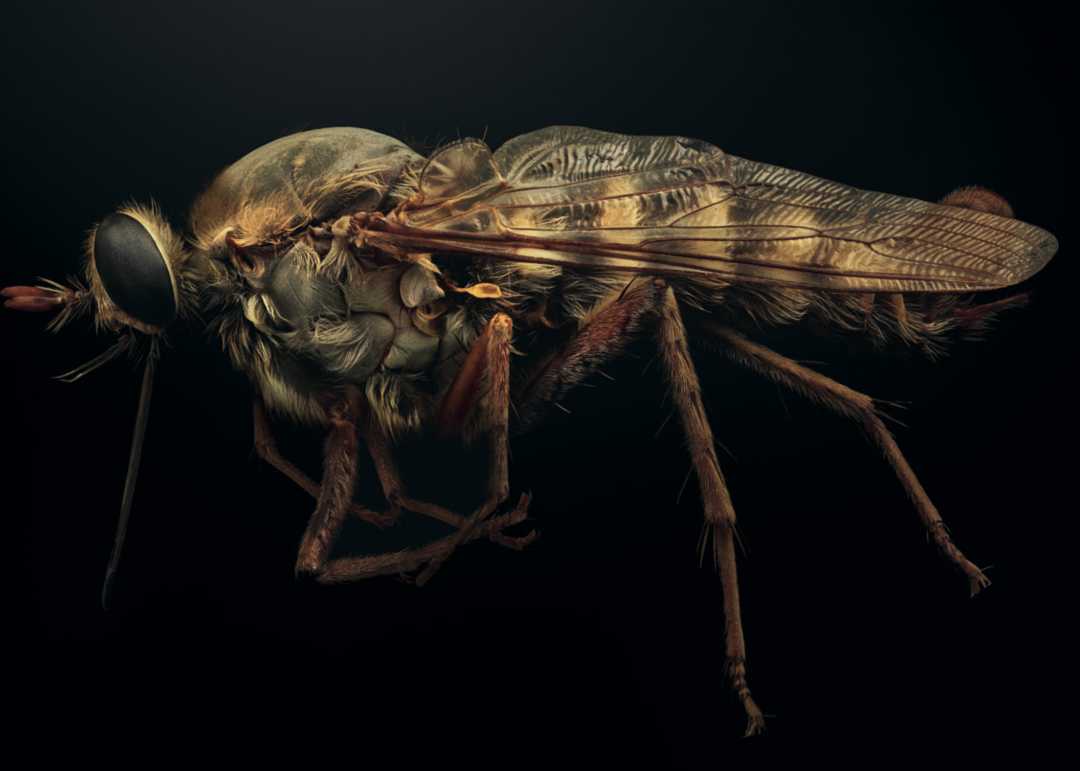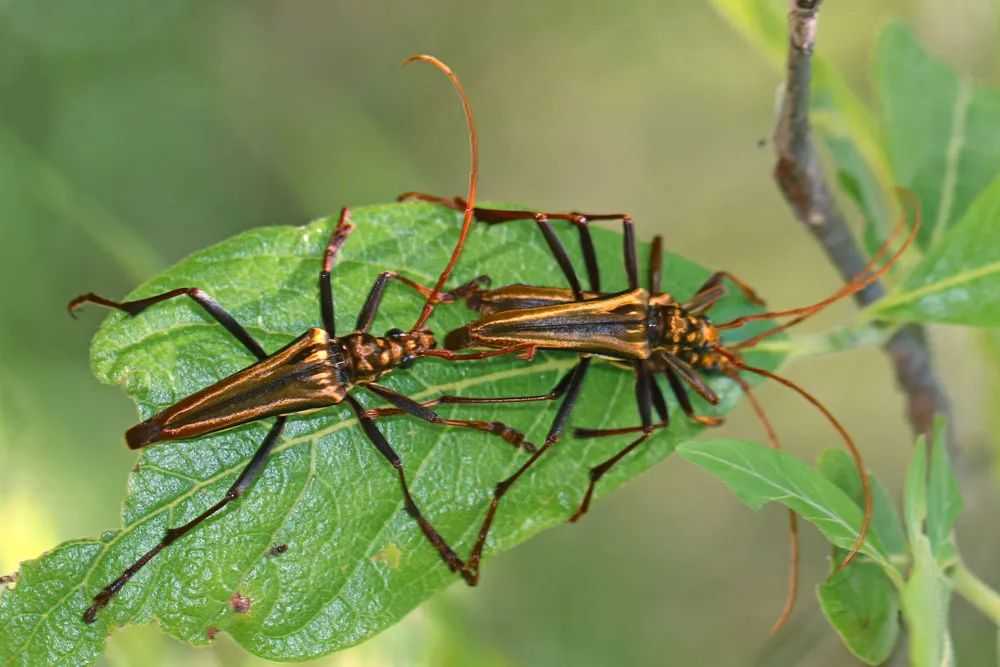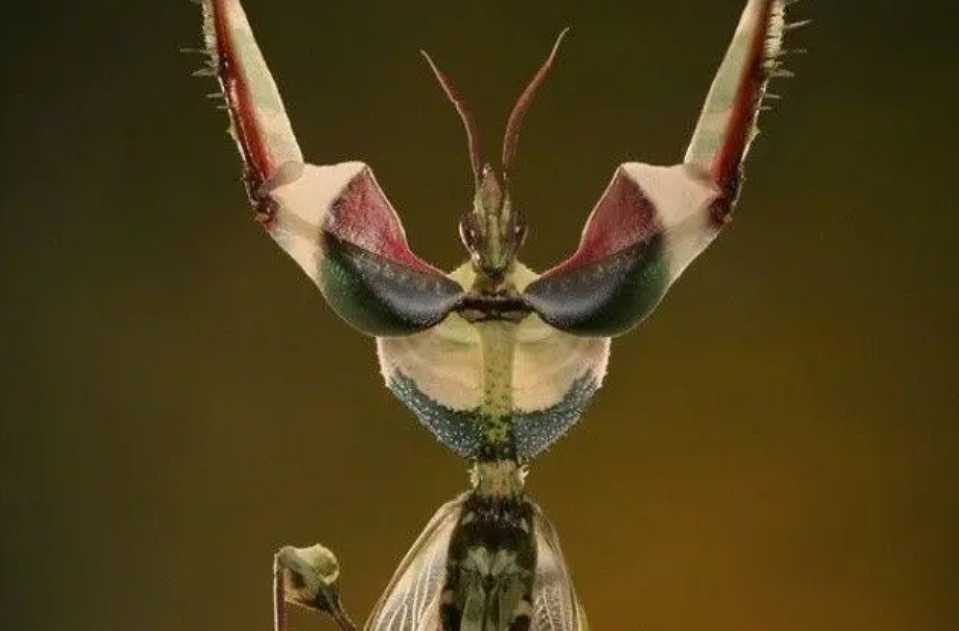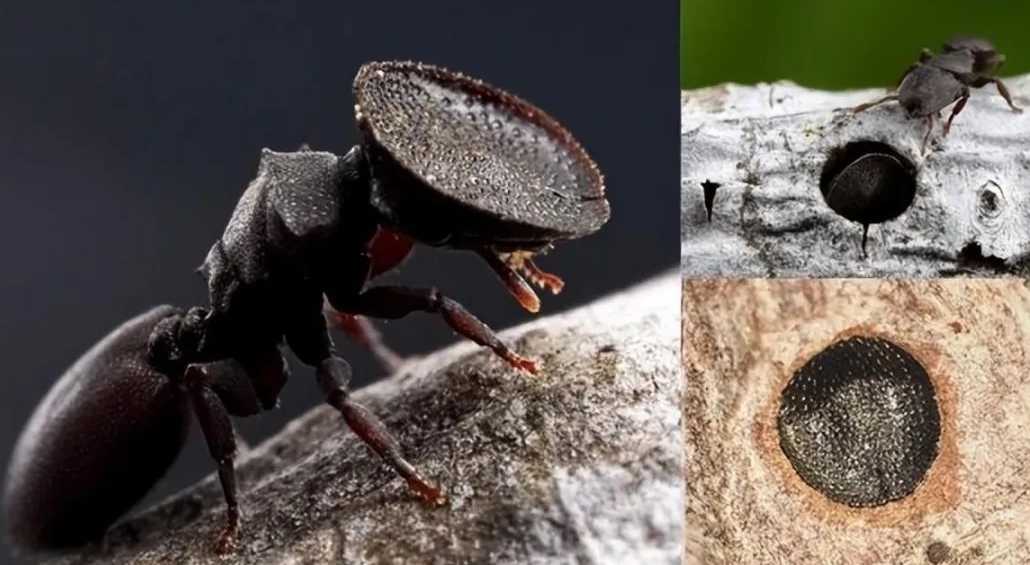Mayflies, renowned as the insects with the shortest adult lifespan, live for just a single day, a fleeting existence that has captivated scientists and poets alike. These ancient winged creatures, belonging to the order Ephemeroptera, are among the most primitive flying insects, retaining evolutionary traits that hark back to prehistoric times.
Mayflies: Nature's Ephemeral Wonders with a One - Day Legacy
Mayflies, renowned as the insects with the shortest adult lifespan, live for just a single day, a fleeting existence that has captivated scientists and poets alike. These ancient winged creatures, belonging to the order Ephemeroptera, are among the most primitive flying insects, retaining evolutionary traits that hark back to prehistoric times.
Source: Images from the Internet, if there is any infringement, please contact the removal of
Their physical form is a study in delicate simplicity: small to medium - sized bodies with slender, soft exoskeletons, tiny heads, and bristle - like antennae so short they almost appear absent. Two or three long, trailing tail filaments extend from the abdomen, complementing translucent, triangular wings that often have distinct venation patterns. This fragile anatomy belies their remarkable life cycle: nymphs spend years developing in freshwater, where they breathe through gills and feed on algae, before emerging as adults in massive swarms.
The adult stage, though brief, is dedicated to one purpose: reproduction. Males form aerial leks, dancing in synchronized flights to attract females. Once mated, females deposit eggs on water surfaces and die within hours, their bodies nourishing fish and other aquatic life. While their lifespan seems tragic, mayflies play crucial roles in ecosystems—their swarms signal water quality, and their nymphs help decompose organic matter. For entomologists, these "one - day insects" are living fossils, a reminder of nature’s balance between ephemerality and ecological significance.
